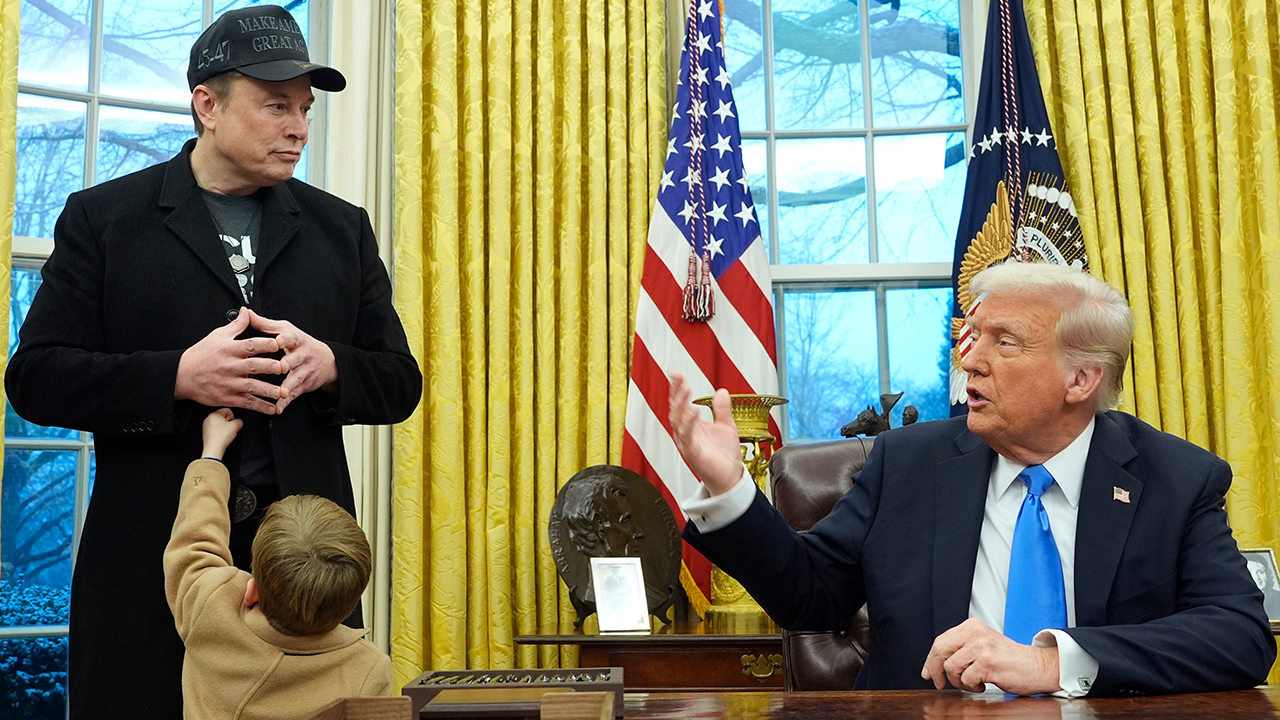Jair Bolsonaro, Brazil’s former president, was charged on Tuesday with overseeing a vast scheme to hold on to power after losing the 2022 election, including one plot to annul the vote, disband courts and empower the military, and another to assassinate the nation’s president-elect.
The accusations, laid out in a 272-page indictment, suggest that Brazil came strikingly close to plunging back into, in effect, a military dictatorship nearly four decades into its modern democracy.
Attorney General Paulo Gonet Branco indicted Mr. Bolsonaro and 33 other people, including a former spy chief, defense minister and national security adviser, accusing them of a series of crimes against Brazil’s democracy. The charges essentially adopted recommendations from Brazil’s federal police made in November.
The case will now go before Brazil’s Supreme Court, which will decide whether to order Mr. Bolsonaro’s arrest and have him face trial. If convicted, he could face 12 to 40 years in prison, according to the indictment, though political analysts expect any sentence to be shorter.
In a statement, Mr. Bolsonaro, 69, called the indictment “the weaponization of the justice system” and compared himself to President Trump, a political ally he often emulates.
The accusations are “nothing more than a desperate attempt to criminalize my political movement, silence millions of Brazilians and rig the next election before a single vote is cast,” Mr. Bolsonaro said, adding that he had handed over power peacefully. “This is the same failed strategy that was used against President Trump.”
The charges are the latest chapter in a yearslong saga for Brazil that has included Mr. Bolsonaro’s discrediting of the nation’s voting systems; a tense election in which Mr. Bolsonaro never fully accepted defeat; an invasion of the halls of power by his supporters; and a high-profile investigation that has left his running mate in jail since December.
Now Brazilians may witness a televised Supreme Court trial that could end up making Mr. Bolsonaro their third president in the past eight years to be sent to prison.
That would provide a striking contrast with the United States. Mr. Bolsonaro and Mr. Trump have both now been indicted on charges of pushing to overturn elections. But Mr. Trump’s case was dropped as he returned to power, while Mr. Bolsonaro is at perhaps his weakest political point yet.
Brazil’s electoral court has already ruled that Mr. Bolsonaro is ineligible to run in the presidential election next year. The attorney general is weighing two other criminal cases against him. And the Supreme Court justice set to oversee this case is arguably his political archrival.
While the U.S. Supreme Court ruled that Mr. Trump was largely immune from prosecution for his actions as president, Brazil’s Supreme Court has acted aggressively against Mr. Bolsonaro and his right-wing movement.
The court has overseen investigations, ordered arrests and censored many of Mr. Bolsonaro’s supporters on social media, arguing that the anti-democratic actions of his movement required an extraordinary response. Now the court’s 11 justices could decide Mr. Bolsonaro’s fate.
“In a republic, all can be held accountable,” Mr. Gonet Branco wrote in a 17-page introduction attached to the indictment. “The president of the republic does not escape this rule.”
The indictment details a variety of actions that prosecutors say Mr. Bolsonaro and dozens of his allies — mostly current or former members of the military — carried out over months. First they tried to undermine the public’s faith in the 2022 election, and then, after Mr. Bolsonaro lost, they tried to overturn the results, the indictment said. It also detailed several plots that prosecutors say the group discussed and began to execute, but ultimately abandoned.
One of those plots, according to the indictment, involved declaring a “state of siege” — an emergency provision in the Constitution — which Mr. Bolsonaro would then have used to order the arrest of Supreme Court justices, grant new powers to the military and call for new elections overseen by his allies. Investigators said they even found the draft of a speech Mr. Bolsonaro would give once he announced the takeover.
An even darker plot, prosecutors say, involved poisoning Luiz Inácio Lula da Silva, who defeated Mr. Bolsonaro in the 2022 election, before he could be sworn in as president and fatally shooting Alexandre de Moraes, the Supreme Court justice who has overseen the investigations into Mr. Bolsonaro and would be the lead judge in his trial. The assassinations were to be carried out by a small group of elite military agents, according to the indictment, and the men had already begun tracking the movements of Justice Moraes.
The indictment also says the assassination plan was presented to Mr. Bolsonaro. In a WhatsApp message on Dec. 12, 2022, one organizer of the plot told another that Mr. Bolsonaro had told him they could carry out the assassinations anytime before Dec. 31, according to the indictment. Mr. Lula was set to be inaugurated on Jan. 1.
“I said, ‘Come on, president. The sooner the better. We’ve already lost so many opportunities,’ ” the organizer, Mário Fernandes, was quoted as saying in the message.
Mr. Fernandes has denied the accusations.
In an interview last month, Mr. Bolsonaro said he had explored the idea of using a “state of siege” to keep Mr. Lula from taking office because he was concerned that the elections had been rigged. But he said that he quickly dropped the idea when it became clear Congress would have to approve the order.
He denied having any knowledge of an assassination plot, blaming it on Mr. Fernandes. “Even so, I think it was just another fantasy — bravado,” he said.
“Everyone is responsible for their actions,” Mr. Bolsonaro added. “Although, as far as I know, he did not take any action.”
Brazil was ruled by a military dictatorship from 1964 to 1985. The regime’s killing of political opponents is the focus of “I’m Still Here,” a Brazilian film that has been nominated for best picture at the Academy Awards this year.
Mr. Bolsonaro, a former army captain, has long defended the military dictatorship, crediting it with saving Brazil from communism. He said in an interview last month that he would not see “I’m Still Here,” calling it a leftist rewriting of history. “The story always has two sides,” he said.
Ju Faddul contributed reporting from São Paulo, Brazil.





Leave a Comment